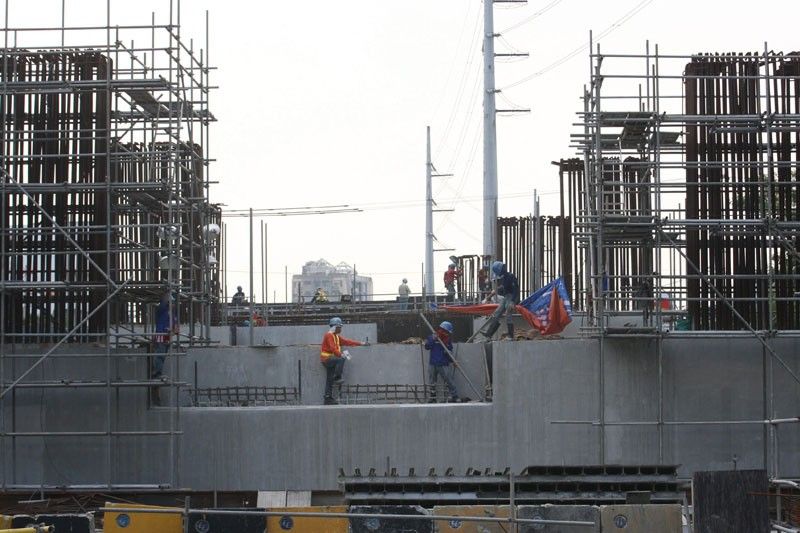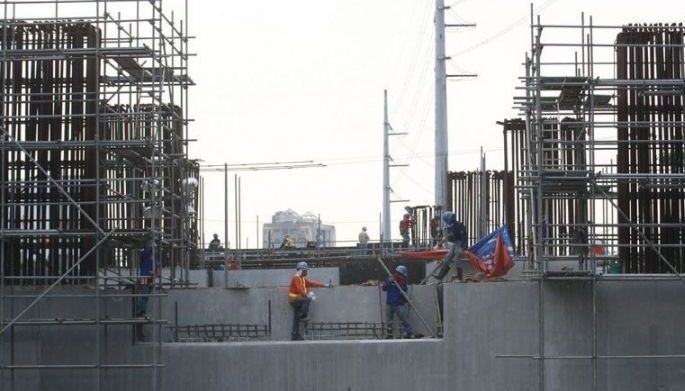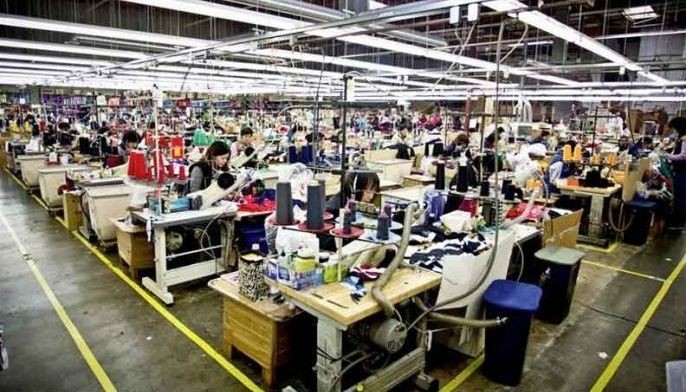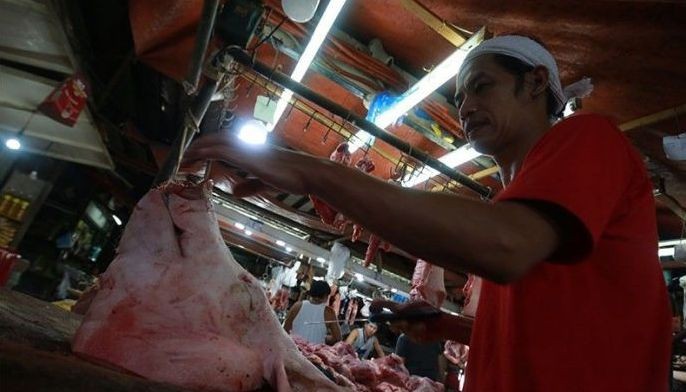Philippine economy unlikely to hit 7-8% growth target in 2018 — Diokno

Diokno rejects IMF warning, Phl to keep budget deficit cap
MANILA, Philippines — The Philippines will likely miss its economic growth target this year, Budget Secretary Benjamin Diokno said Tuesday.
The Philippines had enjoyed uninterrupted growth in the past quarters, thanks to benign inflation in the previous years that had given the central bank enough room to keep interest rates low.
But in the second quarter of 2018, the economy slowed down to a three-year low of 6 percent, which the government's chief economist attributed to “spoiler” inflation.
In the first half of the year, the economy grew 6.3 percent, well below the government’s 7-8 percent goal.
“Realistically that’s, to me, maybe out of prints. Even the lower bound — 7 percent. We’re probably shooting for 6.7 percent or 6.9 percent, but not 7-8 percent,” the budget chief said in a televised interview with ANC.
“We’re not gonna hit that anymore. Let’s not talk of hypothetical... So I’m not worried what’s gonna be, we’re not gonna hit 7 percent,” he added.
Socioeconomic Planning Secretary Ernesto Pernia earlier said the economy would have to expand by at least 7.7 percent in the second half to achieve the low-end of its target range for the year.
Inflation jumped to an over nine-year high of 6.4 percent in August, amid food supply bottlenecks, a weak peso and recent surge in international oil prices. Higher excise taxes slapped on other goods last January also contributed to inflation.
In a bid to temper consumer demand that likely lifted commodity prices, the Bangko Sentral ng Pilipinas has delivered rapid-fire interest rate hikes of 1.5 percentage points since May, its strongest action against inflation since 2000.
Some analysts expect economic growth to continue to decelerate over the second semester of the year as tighter monetary policy and higher inflation weigh on consumer spending, which accounts for about seven-tenths of the Philippine economy.
Both the Asian Development Bank and the International Monetary Fund have slashed their growth projections on the Philippines as high inflation bites. The World Bank will publish its updated economic outlook on Thursday.
‘Past neglect’
In the same television interview, Diokno said the Duterte administration is sticking to its budget deficit ceiling of 3 percent of the country’s gross domestic product, despite the IMF’s warning to the Philippines to maintain a “neutral” fiscal deficit.
A deficit means the government spent more than it earned.
"[The IMF] gave that as a recommendation when they visited a few months ago and we said, ‘no way.’ Our program is 3 percent. We are pursuing an expansionary fiscal policy," Diokno said.
In its periodic assessment of the Philippines, the IMF said the government should keep the fiscal deficit at 2.4 percent of GDP for this year and 2.5 percent in 2019.
Keeping a neutral fiscal stance would “support pro-growth infrastructure investment without overburdening monetary policy, limit overheating risks and help preserve buffer against unexpected adverse shocks,” the IMF said.
The Duterte government has been pushing for a wider budget gap to accommodate heightened infrastructure spending, particularly big-ticket projects in its ambitious “Build, Build, Build” program.
According to Diokno, the government needs to increase spending on infrastructure to make up for “past neglect.”
“I've been in this post for three times already, I've served three presidents. Every time you make such an announcement, the bureaucracy will stop spending so we have half-finished project," he said. “We want to finish our projects so we're pushing through.” — Ian Nicolas Cigaral
- Latest
- Trending


































